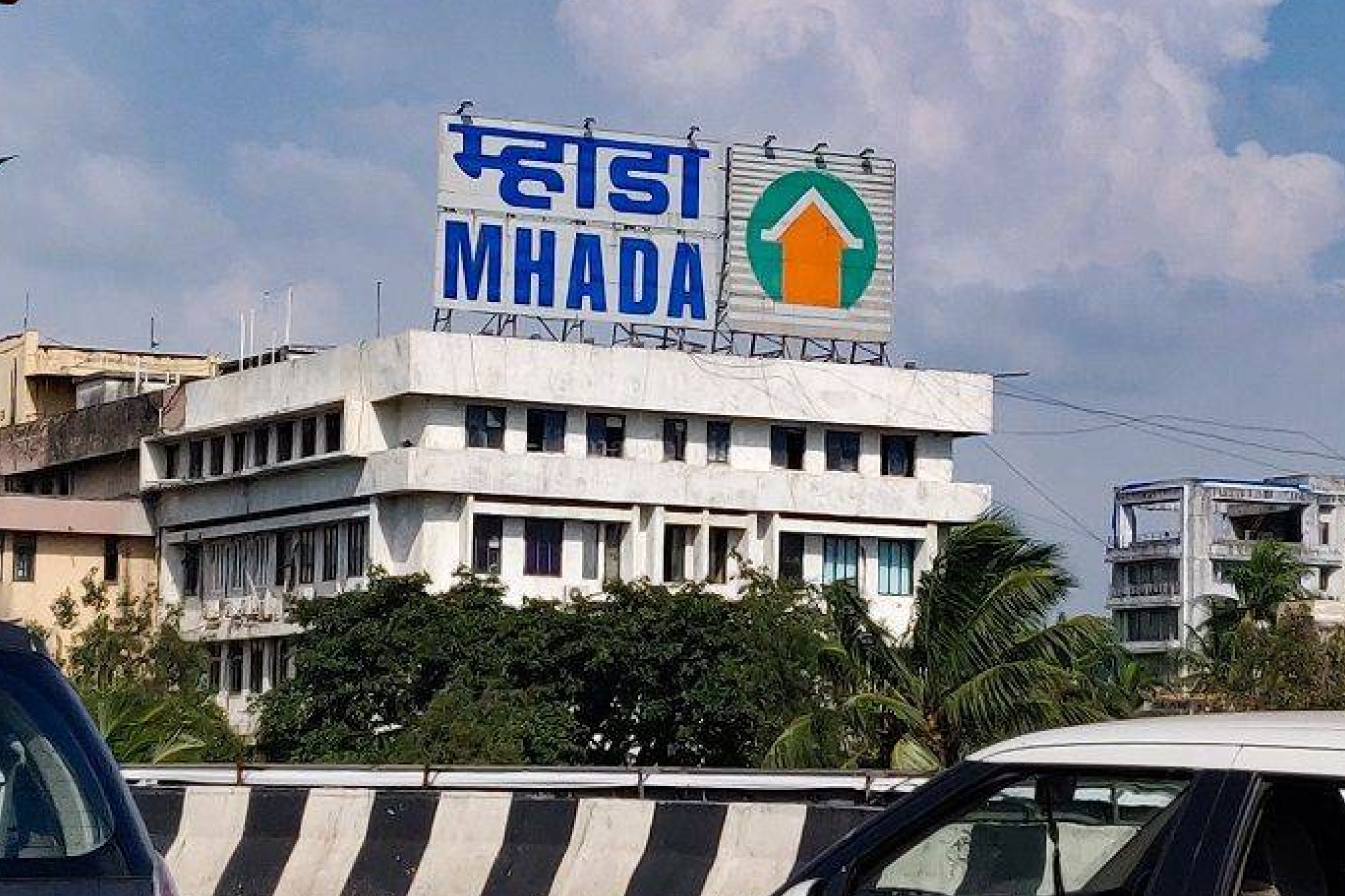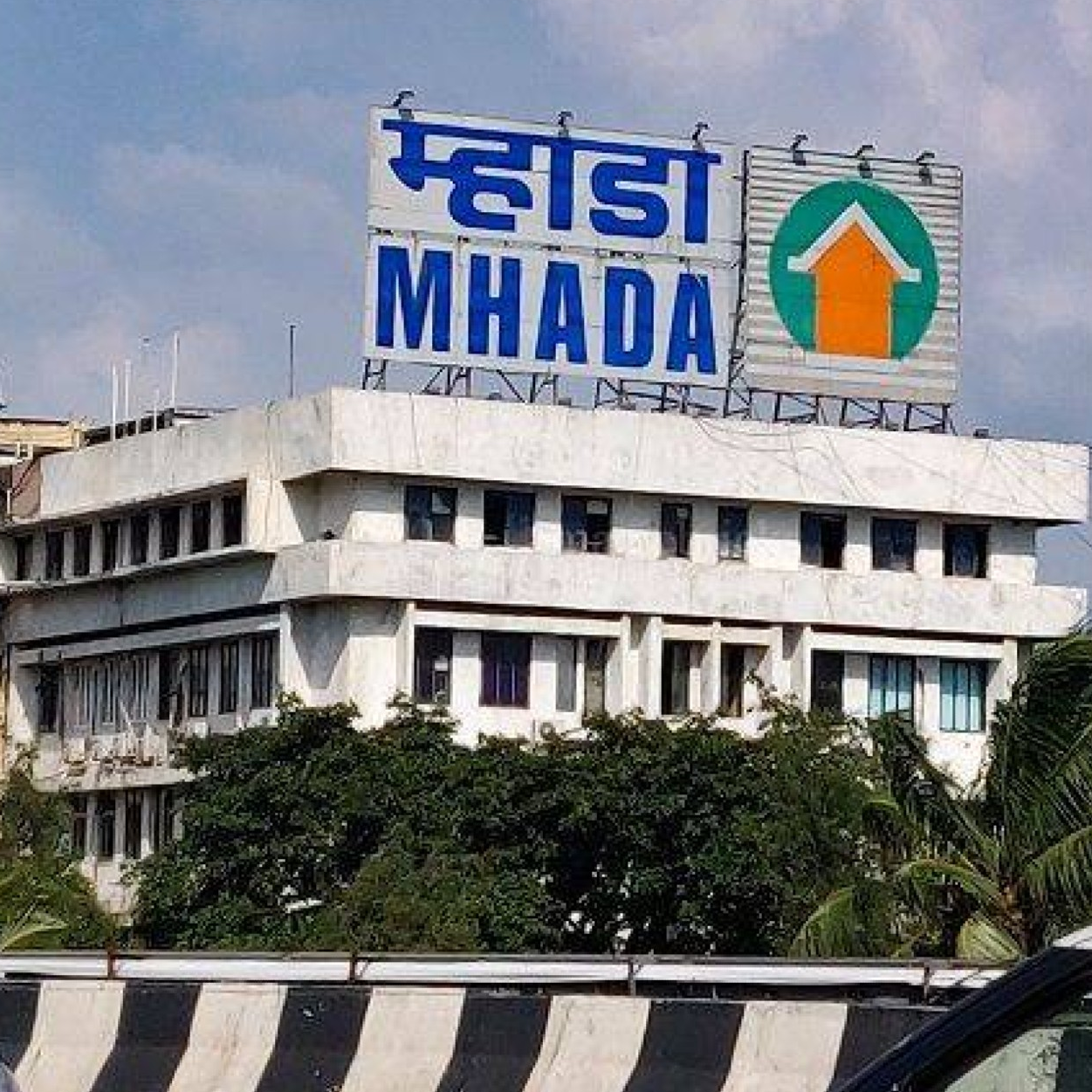
MHADA’s New ‘First Priority’ Scheme Set to Boost Mumbai Homeownership: Aadhaar & PAN Now Enough to Apply
The Maharashtra Housing and Area Development Authority (MHADA) has introduced a major policy innovation through its Mumbai Board, designed to simplify access to affordable and mid-income housing. Under the strategic guidance of IAS Sanjeev Jaiswal, CEO of MHADA, whose push for digitisation and transparent governance has accelerated long-pending reforms, the Board has now approved the sale of nearly 125 vacant homes through a streamlined ‘First Priority – First Come, First Served’ scheme. In a significant step toward ease of living and accessible governance, applicants will now be able to register using only their Aadhaar card and PAN card, making the process faster, simpler, and citizen-friendly.
For Mumbai’s home-seekers, especially those who previously found documentation requirements challenging, this initiative marks an important shift. Vacant units in premium neighbourhoods such as Tardeo, Wadala, Tunga Powai and others have remained unsold despite being auctioned twice or more. To prevent financial loss and maintenance burden on the Mumbai Board, MHADA has moved decisively to bring these homes into the market through a smoother, more inclusive process.
Why the ‘First Priority’ Scheme Matters
Buying a home in Mumbai typically requires a long list of documents and eligibility criteria, from income proof to residency certificates. Many aspiring homeowners either miss deadlines or struggle with paperwork. MHADA’s new model removes these barriers for most categories, making participation significantly easier. The 125 homes identified by the Mumbai Board are largely in the middle-income and upper-income groups, categories that consistently witness higher demand.
A Policy Shift Driven by Citizen Convenience
Under the new system, any interested applicant can apply immediately with just an Aadhaar and PAN card. Unlike MHADA’s traditional lottery process, there is no income limit, and applicants who already own a house under a government scheme, whether in Mumbai, Maharashtra, or anywhere across India, are still eligible. This marks one of the most flexible housing eligibility frameworks introduced by the Mumbai Board to date.
However, housing units reserved under social reservation categories, such as Scheduled Caste, Scheduled Tribe, Nomadic Tribes, and Other Backward Classes, will continue to require caste certificates and caste validity certificates, in addition to Aadhaar and PAN. MHADA officials have clarified that these requirements are mandated under state housing policy and remain necessary to ensure fair allocation within reserved quotas.
Addressing Vacant Housing Stock and Reducing Financial Losses
MHADA’s inventory in areas like Tardeo and Powai includes high-value homes that attract significant interest but often remain unsold due to multiple rounds of technical scrutiny, complex eligibility filters, or applicant drop-outs. As these units lie unused, they gather dust and become a recurring maintenance expense for the Mumbai Board.
By switching to the “First Come, First Served” approach, the authority aims to ensure better utilisation of ready housing stock, reduce administrative overheads, and unlock revenue that can be reinvested into future housing projects.
According to Milind Borikar, Chief Officer of the Mumbai Board, the marketing department has already identified the inventory and is finalising pricing. Once ready, MHADA will release public advertisements allowing citizens to apply immediately. This transparent release method not only accelerates the purchase process but also ensures fairness through clearly timestamped digital applications.
Streamlined Documentation: A Game-Changer for Applicants
Traditionally, applying for an MHADA home required a checklist that included:
• Aadhaar
• PAN
• Income certificate
• Latest income statement
• Domicile or residence certificate
• Proof of non-ownership
• Supporting documents for special reservations
The new schemes simplified two-document requirement reduces turnaround time dramatically and aligns with national goals for paperless, digitally accessible public services. It also encourages broader participation from working professionals, senior citizens, and applicants who may not have had ready access to multiple government records earlier.
Social Reservation: Clarity and Compliance
For reserved-category units, MHADA has ensured that compliance remains intact. While the application process still becomes easier, the requirement of caste and caste validity certificates ensures the integrity of quotas and protects eligibility rights for historically disadvantaged groups. MHADA officials have reiterated that verifying these documents through official channels is essential to maintaining fairness and transparency.
Strengthening Public Trust Through Verified Information
With previous housing schemes often attracting high public curiosity, and sometimes misinformation, MHADA has emphasised that citizens should rely only on official MHADA notifications, websites, and public advertisements for scheme details. Housing authorities continue to publish verified updates to maintain transparency, prevent rumours, and ensure applicants have accurate information before applying.
Boosting Homeownership in Mumbai’s Competitive Housing Market
Mumbai’s real-estate landscape remains one of the most competitive in India, with demand for mid- and upper-income housing consistently outpacing supply. The release of 125 homes across sought-after neighbourhoods under a simplified scheme offers genuine opportunities for families, professionals, and investors looking for credible, government-backed housing.
For many applicants, the biggest advantage is speed: the first-come-first-served model means homes are allotted immediately to whoever completes the process first, offering certainty that traditional lottery models could not always provide.
A Forward-Looking Move for Urban Housing Policy
MHADA’s ‘First Priority’ scheme represents a constructive step toward reshaping public housing policy in India’s largest metropolis. By easing documentation, leveraging digital systems, and ensuring fairness within reserved categories, the Mumbai Board is demonstrating how public-sector housing can adapt to modern needs while maintaining transparency and accountability.
As MHADA prepares to publish the official advertisements, aspiring homeowners are encouraged to stay updated through MHADA Mumbai Board’s official channels. With streamlined rules, simplified documentation, and immediate allocation, the scheme promises to reopen the door to homeownership for many who were previously deterred by procedural complexities.
This initiative not only enhances citizen convenience but also reinforces Mumbai’s commitment to accessible, equitable, and efficient housing delivery, setting a new benchmark for public-sector housing innovation.
For verified updates, applicants should rely only on MHADA’s official website https://mhada.gov.in/ and the dedicated lottery portal for applications https://lottery.mhada.gov.in/.


